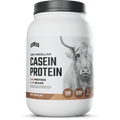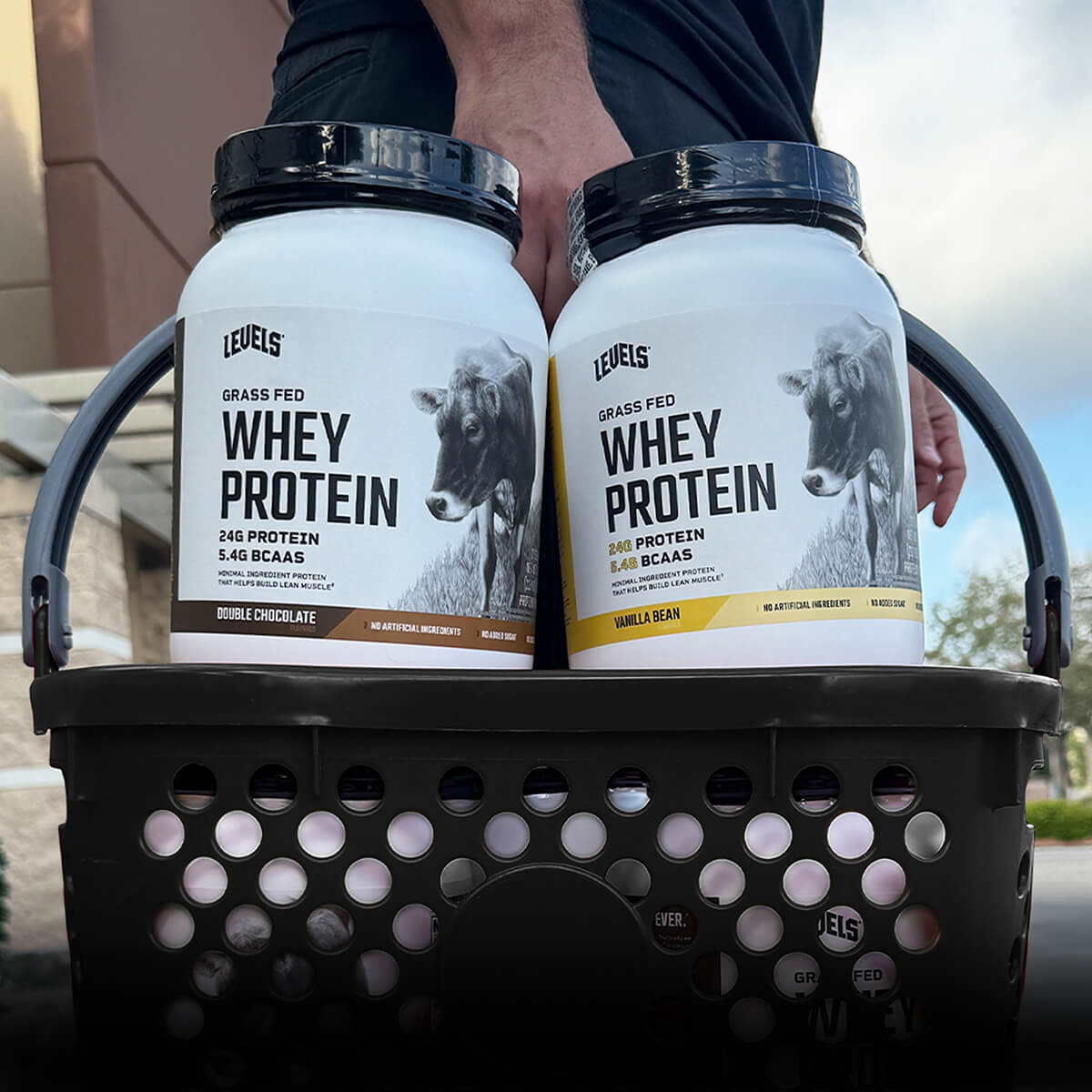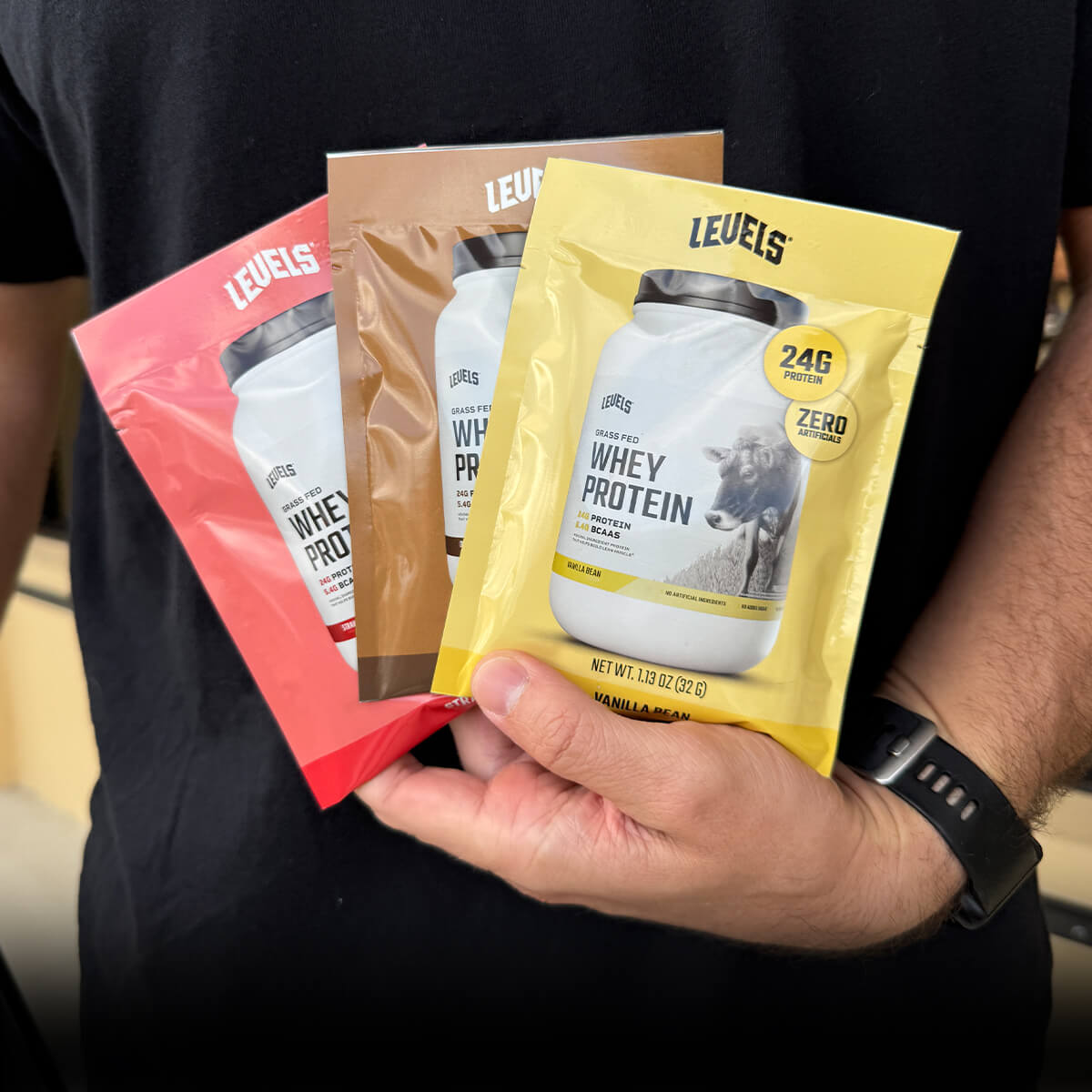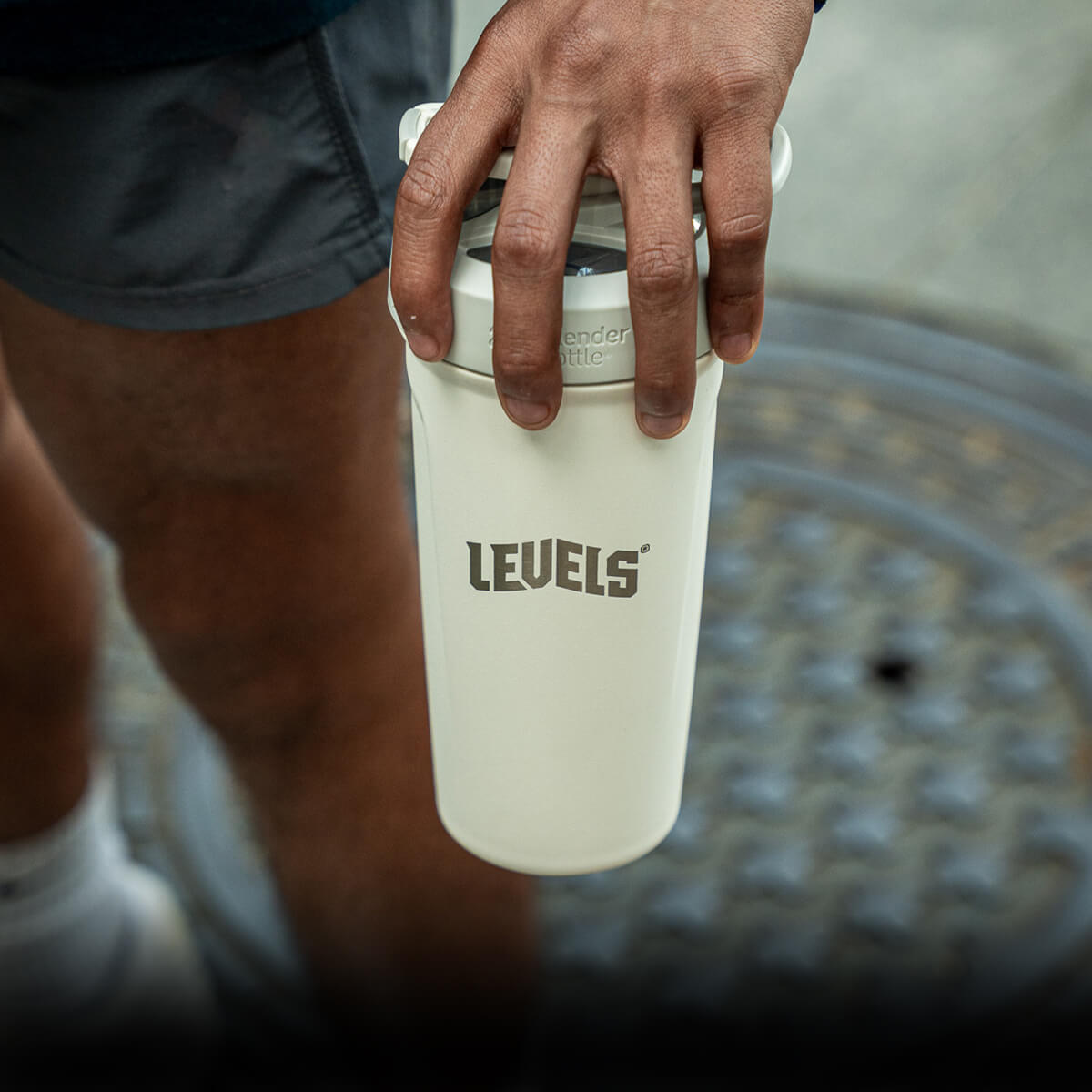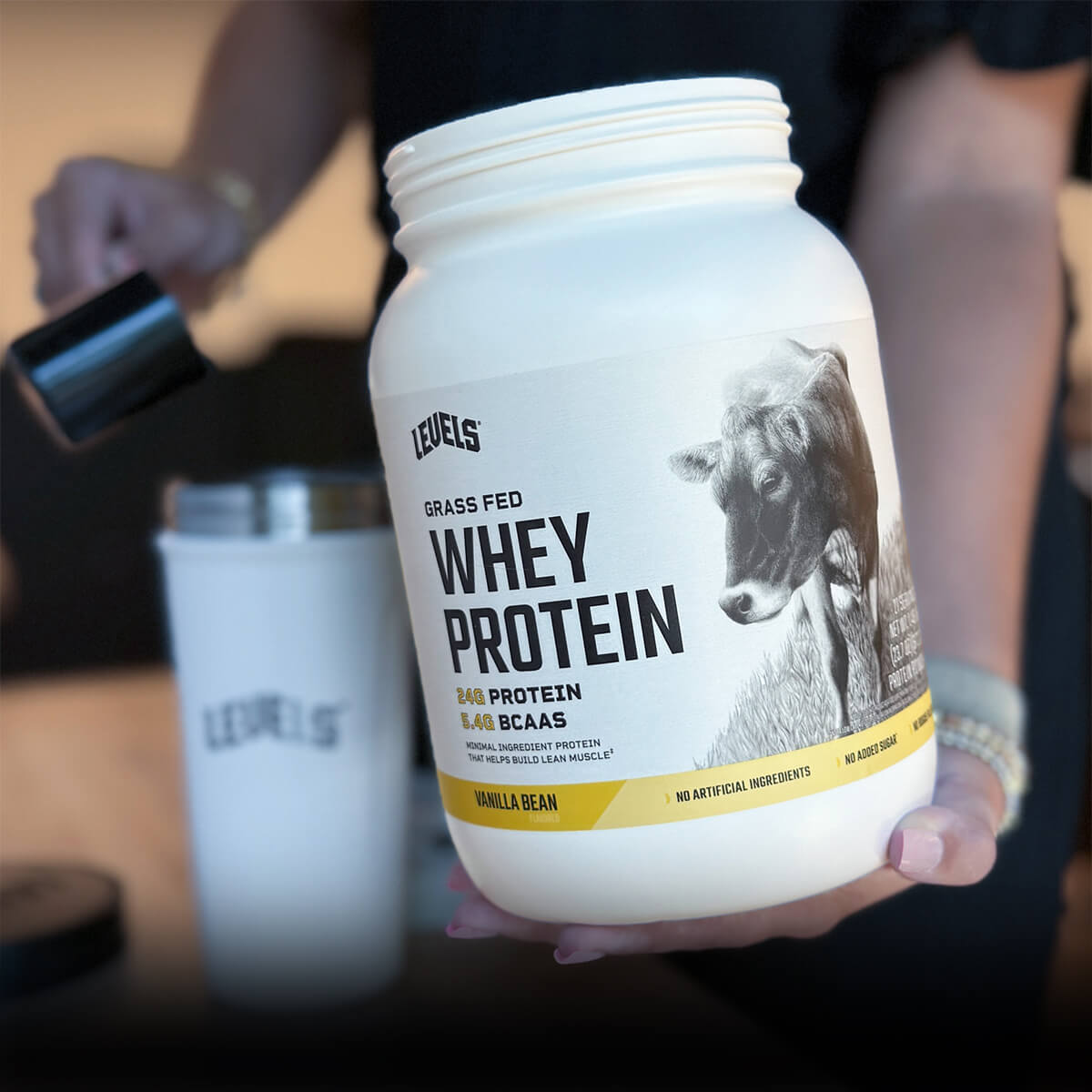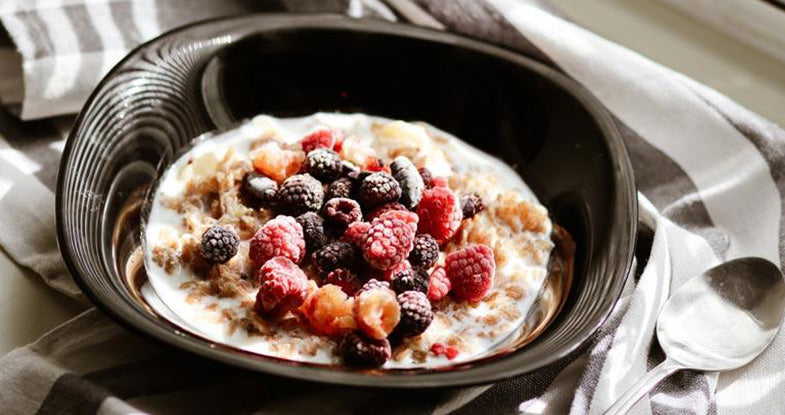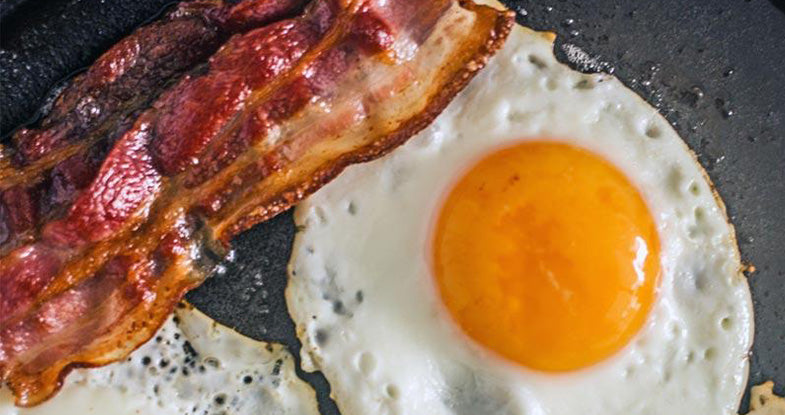Have you heard about the oatmeal diet?
As its name suggests, the oatmeal diet centers around eating oatmeal. The basic idea is that you lose weight by eating oats for the majority of your meals.
The oatmeal diet promises fast weight loss. Some sources claim it can help you lose up to four pounds a week. But does it really work? And more importantly, is the oatmeal diet good for you?
If the title didn’t give it away: no, the oatmeal diet is not a good way to lose weight.
It’s a crash diet that severely restricts calories, and while it may help you slim down in the short-term, the oatmeal diet will actually work against you long-term.
Here’s a closer look at how the oatmeal diet works, why it’s a poor strategy for weight loss and health, and what you can do instead of the oatmeal diet to lose weight and keep it off.
What Is the Oatmeal Diet?
The oatmeal diet is exactly what it sounds like: you eat mostly oatmeal, two to three meals a day.
You’re only supposed to eat whole oats or steel-cut oats. Instant oats aren’t allowed.
There are a few different variations of the oatmeal diet, but typically the idea is that you do the diet for a week, then weigh yourself. If you still have weight to lose, you do another week, and so on until you hit your weight goal.
Each week of the oatmeal diet is broken down into three phases:
Oatmeal Diet Phase 1 (Days 1-3)
In the first phase, you eat a half cup (measured dry) of oatmeal, three times a day. You can add a small amount of fruit if you want, but other than that, all you eat is oats.
Oatmeal Diet Phase 2 (Days 4-5)
During phase two, you eat a half cup of oatmeal per meal, for two meals a day, followed by a low-calorie, low-fat dinner, like baked chicken with steamed broccoli and rice.
Oatmeal Diet Phase 3 (Days 6-7)
For phase three, you eat a half cup of oats for breakfast each day, then a low-calorie, low-fat meal for lunch and dinner.
Once phase three is over, you start again at phase one, and keep going until you reach your weight loss goal. The oatmeal diet claims that it can help you lose about four pounds a week.

Is the Oatmeal Diet Healthy?
Oatmeal has a couple things going for it. Whole oats are a good source of fiber, and they’re rich in a few different vitamins and minerals, including B vitamins, magnesium, and zinc.
However, eating mostly oatmeal each week is not a good approach to nutrition. As a general rule, you probably shouldn’t base your diet around a single food, especially when that food is nutritionally incomplete.
In the case of the oatmeal diet, a few issues come up.
Not Enough Protein
The National Academy of Sciences suggests that you get, at a minimum, about 50 grams of protein every day[*].
However, if you’re working out, or you want to build or maintain muscle, you should get far more than 50 grams of protein per day[*] (want to know your ideal daily protein intake? Our protein calculator will help you figure it out).
A half-cup of oats has only six grams of protein. That means that for almost half of every week that you’re on the oatmeal diet, you’re getting 18 grams of protein per day.
And unless you eat a huge serving of meat for dinner, you probably won’t reach your ideal protein intake for phase two of the oatmeal diet, either.
On the oatmeal diet, your protein intake will be severely low for multiple days each week, to the point where it could be dangerous if you do it long-term.
Incomplete Protein
Another issue with the oatmeal diet is protein quality.
Protein is made up of amino acids — little building blocks your body uses to make everything from muscle tissue to hormones to neurotransmitters (the chemicals that power your brain).
Your body needs a total of 20 amino acids in order to function. It can make 11 of them on its own, but the remaining nine (called essential amino acids) have to come from food. Foods that contain all nine essential amino acids are considered complete proteins.

Usually, you don’t have to worry about getting complete proteins. Almost all animal products — beef, chicken, dairy, and whey, for example — are all complete proteins.
Similarly, you can get complete proteins from plants, or combinations of plants. Examples are rice and beans, rice and lentils, quinoa, and soy.
That means that if you’re eating a balanced diet, you’re getting complete proteins.
On the oatmeal diet, however, you’re almost exclusively eating oats, which are not a complete protein source, and you aren’t balancing them out with a complementary protein source.
After a short period on the oatmeal diet, you’ll be at risk for amino acid deficiency. This type of deficiency can cause[*][*][*]:
- Depression
- Anxiety
- Trouble sleeping
- Fatigue
- Memory issues
- Accelerated aging
- Rapid muscle loss
- Nutrient deficiencies
Amino acid deficiency is rare these days because most of us have access to nutritionally complete food.
But if you eat mostly oats for multiple weeks, you put yourself at significant risk for all the above symptoms.
Nutrient Deficiencies
Oats are missing more than complete protein. They’re also a poor source of many essential vitamins and minerals that your body needs.
Again, this normally wouldn’t be a problem. Oats are a healthy food in the context of a balanced diet.
But when you eat almost exclusively oats, you aren’t getting a wide variety of essential nutrients that your body needs to work the way it should.
If you only eat oatmeal (or mostly eat oatmeal) for more than a couple weeks, you’ll miss out on key nutrients that your body needs to function.
For example, oats contain little to no vitamin A, B6, B12, C, D, and K — all of which are essential dietary vitamins.
Does the Oatmeal Diet Work for Weight Loss?
Proponents of the oatmeal diet claim that it can help you lose up to four pounds a week.

Technically, that’s probably true. During the first phase of the diet, you’re eating 480 calories a day. With such a drastic calorie deficit, you’ll certainly lose weight in the short-term.
However, crash diets like the oatmeal diet almost never work long-term. Studies show that intensely restrictive crash diets fail more than 90% of the time. Even if crash diets help people lose weight at first, they tend to put the weight right back on as soon as they stop dieting[*][*].
Crash diets also make you more likely to binge eat. Switching between the extremes of eating almost nothing and eating to severe excess puts you at risk for metabolic disorders like insulin resistance and diabetes[*].
How to Lose Weight Sustainably
The oatmeal diet isn’t a new idea. People have been selling this style of diet for decades. There’s been the grapefruit diet, the potato diet, the apple diet, and so on.
These diets don’t have staying power, because for the vast majority of people, they don’t work long-term. They’re unhealthy crash diets that put you through misery and don’t produce real results.
Fortunately, there are quite a few diets that do work for sustainable, long-term weight loss. They’re also far less restrictive than the oatmeal diet, which means you’ll actually enjoy the food you eat, and you’ll see more progress.
Here are guides to popular, balanced diets that work for weight loss:
- Paleo diet - this diet focuses on fresh, whole foods that are nutrient-dense. It balances fat, protein, and carbs, and offers a lot of flexibility to fit your preferences.
- Keto diet - a high-fat, low-carb diet that allows steak, butter, bacon, and other fatty foods. Keto suppresses hunger[*], speeds up your metabolism[*], and is very popular (and effective) for weight loss.
- Low-carb diet - a less intense version of keto that still focuses on high-fat and high-protein foods, but allows more carbs.
- Macro-based diet - a balance between fat, protein, and carbs that’s great for both losing weight and putting on lean muscle.
All four of these diets are solid options if you want to lose weight and keep it off. Give them a try and see which one feels good to you.
Final Thoughts
The oatmeal diet is not a healthy or effective way to lose weight.
Like the grapefruit diet, potato diet, and other single-food diets that came before it, the oatmeal diet is an unsustainable fad diet that almost certainly won’t work for you long-term.
If you want to slim down, you’ll have more success with one of the diets linked above.


